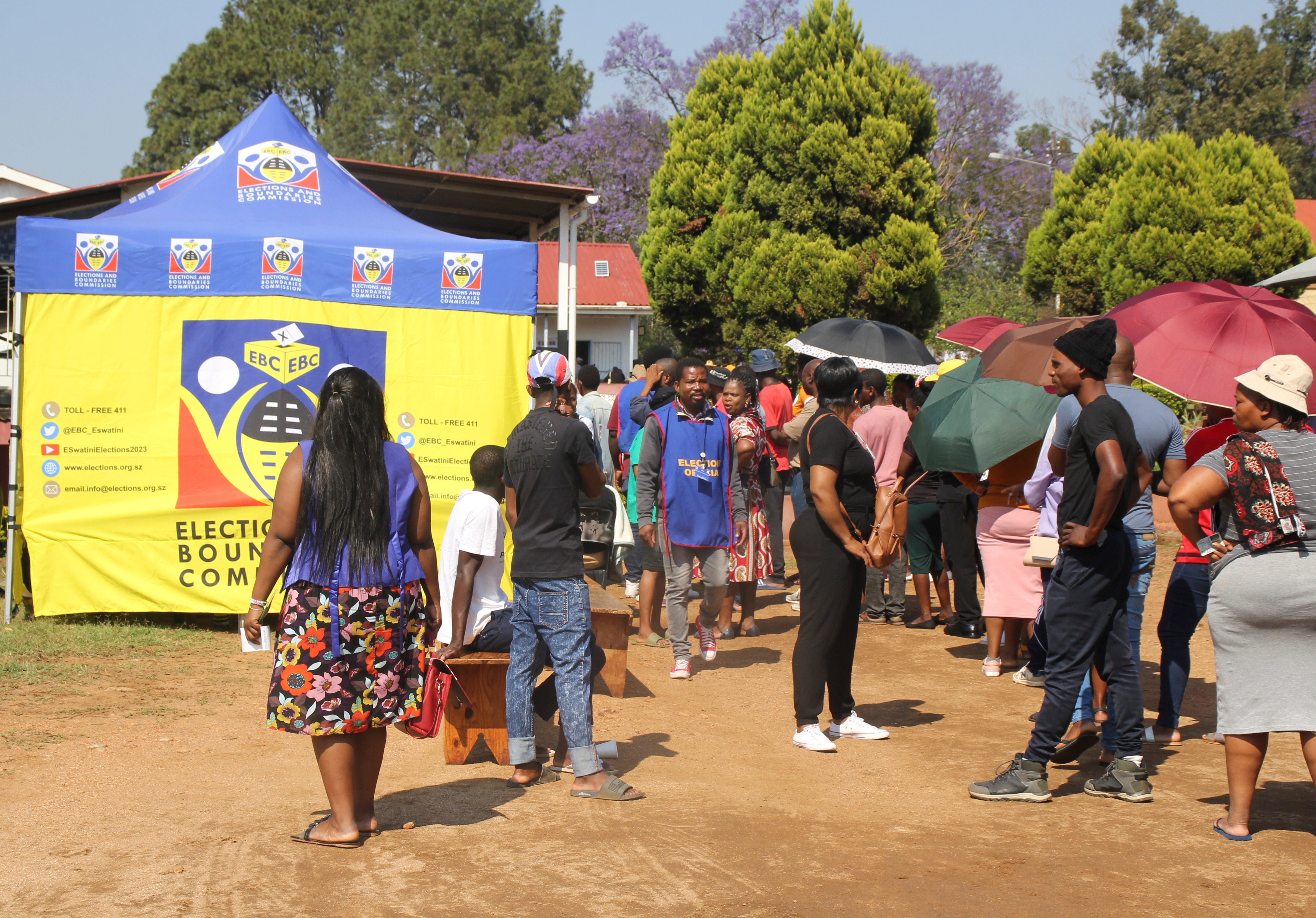Eswatini opposition party claims its leader was poisoned in an assassination attempt
Eswatini’s main opposition party claims its leader was poisoned in an assassination attempt

Eswatini's main opposition leader was poisoned in an assassination attempt, his party claimed Wednesday, putting renewed scrutiny on the southern African country that is one of the last remaining absolute monarchies and where authorities have for years moved to quash pro-democracy movements.
The People's United Democratic Movement party (PUDEMO) said its president, Mlungisi Makhanya, was hospitalized after being poisoned in neighboring South Africa on Tuesday. It said he was under security protection but gave no more detail on his condition or the circumstances of the alleged poisoning.
Makhanya had recently said there would be new pro-democracy protests in Eswatini next month.
Eswatini government spokesperson Alpheous Nxumalo denied any involvement.
King Mswati III rules Eswatini, a country of 1.2 million, with power over all branches of the government. The 56-year-old has been king since he succeeded his father in 1986 at the age of 18.
Human rights groups have criticized his rule, saying there is no space for dissent, and have accused security forces of brutally cracking down on pro-democracy campaigners.
Eswatini, which was previously called Swaziland, was rocked by pro-democracy protests in 2021, the most serious challenge to Mswati's reign. The protests resulted in a backlash, with 46 people killed by security forces since then, according to Human Rights Watch.
The most shocking killing came last year when human rights lawyer and PUDEMO member Thulani Maseko was fatally shot in his home in front of his wife and children. Makhanya said at the time that the killing of his colleague was a political assassination. The government denied any involvement. No one has been held accountable.
Makhanya's alleged poisoning this week prompted reaction from South African political parties, including the Economic Freedom Fighters party. It said Makhanya was found “incapacitated” at his home in South Africa just as he was planning to lead the pro-democracy protests next month and blamed it on “the oppressive Mswati regime.”
Political parties were banned in Eswatini in the 1970s and the law has never been repealed, even if Eswatini does now allow some to operate. The king still appoints the prime minister, the majority of the members of the upper house and a minority of the members of the lower house. Nearly all public representatives are loyal to the king and he has the power of veto and can make laws by decree.
Mswati III has more than a dozen wives and has been accused of living a lavish lifestyle while ordinary citizens in his country struggle with high levels of poverty.
___
AP Africa news: https://apnews.com/hub/africa
Bookmark popover
Removed from bookmarks